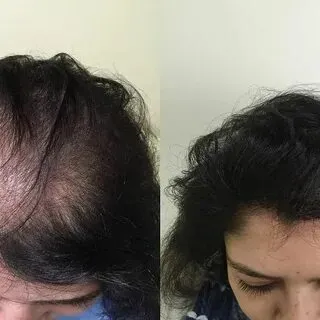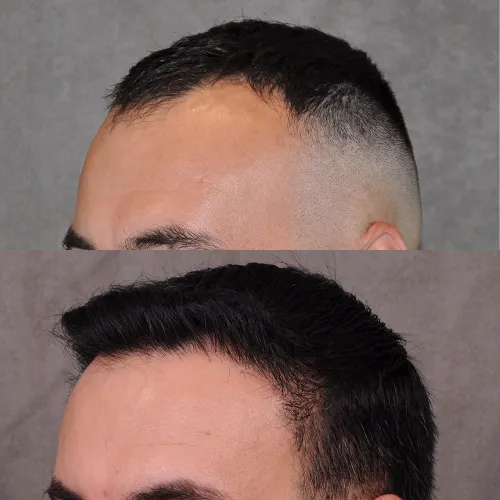- +1 630 974 1400
- info@oakbrookhair.com
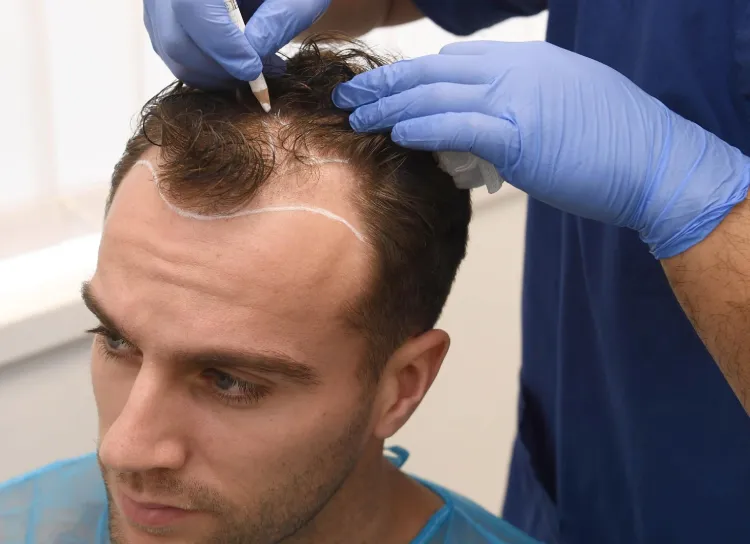
While hair transplants are generally safe and effective, it’s important to be aware of the potential risks and considerations before undergoing the procedure. At Oak Brook Hair Transplant, we prioritize patient safety and provide comprehensive information to help you make an informed decision.”
Like any surgical procedure, hair transplants come with potential risks. These include:
Infection: There is a risk of infection at both the donor and recipient sites. Following post-procedure care instructions can help minimize this risk.
Bleeding: Some bleeding is normal during and after the procedure. Excessive bleeding is rare and can usually be managed effectively.
Scarring: While FUE leaves minimal scarring, FUT can result in a linear scar at the donor site.
Pain and Discomfort: Mild pain and discomfort are common during the recovery period and can be managed with prescribed medications.
Swelling: Swelling of the scalp, forehead, and around the eyes can occur but typically resolves within a few days.
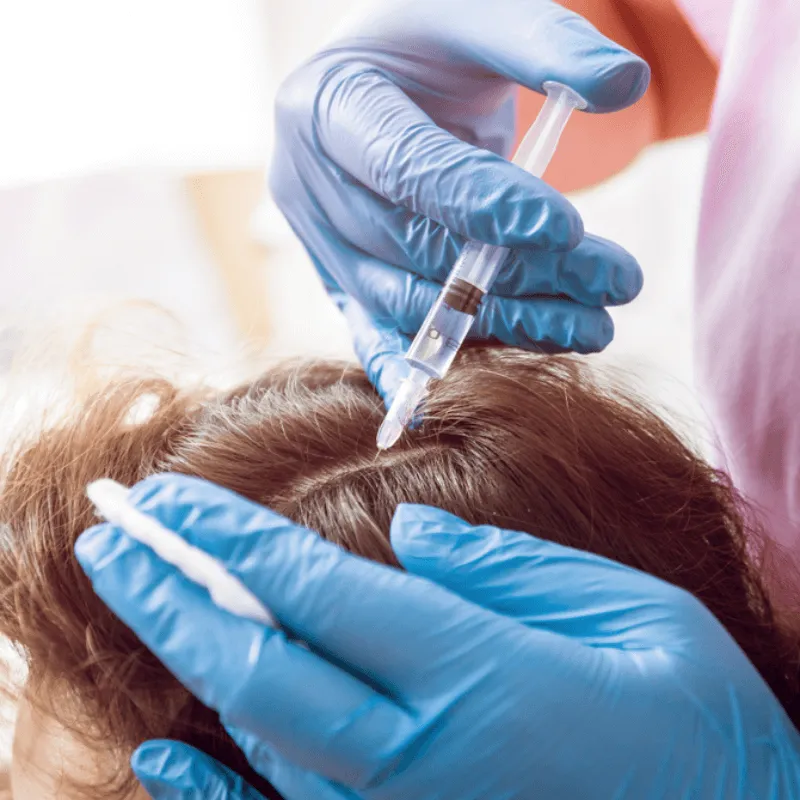
The success of a hair transplant largely depends on the health and availability of hair in the donor area. Individuals with limited donor hair may not be suitable candidates for the procedure.
Setting realistic expectations is crucial. While hair transplants can significantly improve hair density and appearance, they may not restore hair to the fullness experienced before hair loss began.
Some patients may require multiple sessions to achieve the desired results. The need for additional treatments can depend on the extent of hair loss and the density of the donor area.
Hair transplants can be costly, and it’s important to consider the financial investment. We offer various financing options to help make the procedure more affordable.
Proper post-procedure care is essential for a successful hair transplant. Our team provides detailed instructions to ensure optimal healing and results. This includes:
Avoiding Sun Exposure: Protect your scalp from direct sunlight for a few weeks after the procedure.
Gentle Washing: Follow our guidelines for washing your hair gently to avoid dislodging the transplanted follicles.
Medication: Use prescribed medications to manage pain and reduce the risk of infection.
Follow-Up Appointments: Attend scheduled follow-up appointments to monitor your progress and address any concerns.
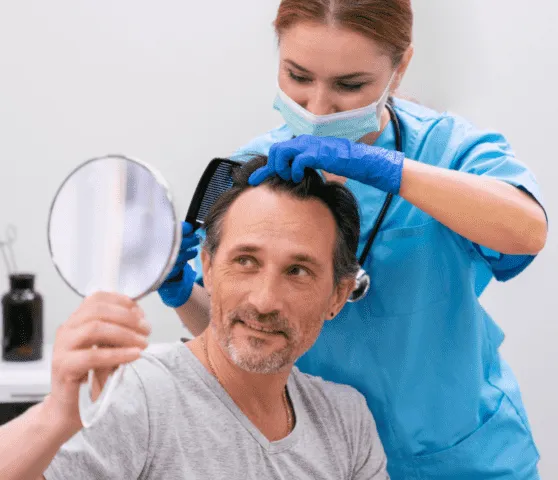

While complications are rare, it’s important to be aware of them. Potential complications include:
Shock Loss: Temporary loss of transplanted hair, which usually regrows within a few months.
Folliculitis: Inflammation or infection of hair follicles, which can be treated with antibiotics or anti-inflammatory medications.
Numbness: Temporary numbness in the donor or recipient areas, which typically resolves on its own.
Unnatural Appearance: In rare cases, the transplanted hair may not blend seamlessly with existing hair, requiring corrective procedures.
Choosing an experienced and reputable hair transplant clinic and following all pre-and post-procedure care instructions can significantly minimize risks.
Contact our clinic immediately if you experience any complications. Our team is here to help manage and resolve any issues promptly.
Yes, alternatives include PRP therapy, topical treatments, and hair prescriptions. Our specialists can help determine the best option for you.
